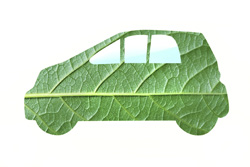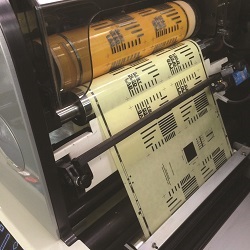Knowledge-based friction control for greener cars
Internal combustion engines (ICEs) are the powertrain of choice and will be for some time to come. Effective lubrication that reduces fuel consumption, emissions and maintenance or wear is thus of primary importance. Major advances in lubrication formulations and technology have been achieved over the last decade. Thanks to nanotechnology, a complex cocktail of lubricant additives now produces an interfacial nano-structured film by chemical interactions between the lubricant and the surface/environment (tribochemistry). However, design strategies to optimise the interface that determines the lubrication system's performance have rarely been addressed. The EU-funded project 'Tailoring of tribological interfaces for clean and energy-efficient diesel and gasoline power trains' (2020 INTERFACE) is designing the holistic system consisting of a functionalised diamond-like carbon (DLC) coating and a future-generation lubricant. During the second project period, the team focused on further refinements of the DLC coatings and of the oils to enhance coating performance. Coatings have been subjected to the full protocol of tribological tests and tribochemistry analysis. Silicon (Si)-doped DLC coatings were very reactive and did not perform as well in friction and other tests as did the tungsten (W)-doped coatings. Chemical modelling of reactivity has continued, used to describe the behaviour of model lubricants and their reactivity toward Si. In addition, scientists have developed a finite element method (FEM) model of DLC mechanical properties. Engine and full-scale tests will be conducted during the third and final project phase. Scientists expect to deliver advanced materials and models of the tribochemistry relating lubricant interaction with DLC coatings in ICEs. Enhanced lubrication will lead to reduced fuel consumption, emissions and material wear — all of prime importance given the continued increase in the number of automobiles with a conventional powertrain.







